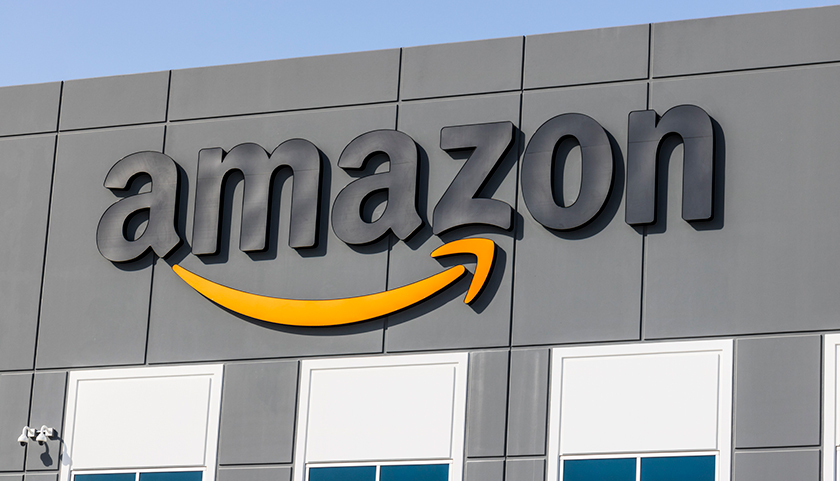Amazon buys online symptom check firm Health Navigator

Amazon has bought Health Navigator, a company providing online symptom checking and triage tools, which it will offer to employees as part of its in-house care clinics.
This is the latest development in the ongoing story of Amazon’s move into healthcare, which many fear could disrupt the sector and make life tough even for some of the biggest players.
According to CNBC, Amazon will offer the service to employees as part of its Amazon Care clinics, which are being piloted with employees.
This is the second acquisition from Amazon in healthcare, after its $753 million acquisition of PillPack that created a presence on the online pharmacy market.
Citing an email from an Amazon spokesperson, CNBC reported that Health Navigator could cut travel and wait time, and connect employees and their family members with a doctor or nurse practitioner through live chat or video.
There is an option for in-person follow up services from a registered nurse, ranging from immunisations to instant “strep throat” detection, according to the report.
No financial details were disclosed but CNBC noted that Health Navigator has only a dozen employees and is much smaller than PillPack.
Health Navigator was founded in 2014 by CEO David Thompson, who is well known in the medical sector for developing a set of protocols, called Schmitt-Thompson, often used by triage nurses and clinicians in call centres to guide patients to the right place.
Thompson is also an emergency medicine doctor and part-time faculty member at Northwester Memorila Hospital in Chicago, Illinois.
Health Navigator works with partners like Microsoft providing symptom-checking tools that can help with diagnoses and triage.
Many customers are telemedicine companies offering virtual home examinations and apps connecting doctors with patients.
While its website does not reference the acquisition, CNBC cited two sources who said Health Navigator intends not to renew its contract with existing customers.
Amazon is reportedly investing significantly in PillPack, and has about 50 job openings for the unit listed on its website.
But established players in the industry are fighting to keep Amazon from accessing patient data or hire their employees.












